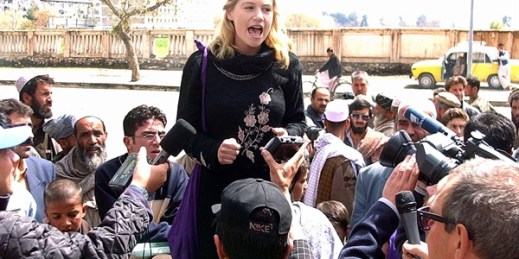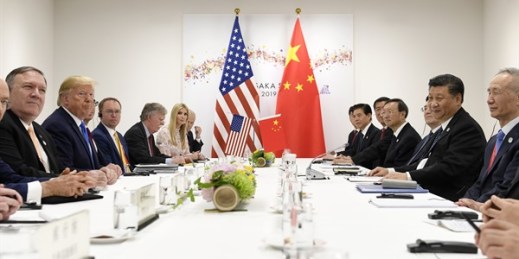
Last week, just two days after U.S. President Joe Biden announced his decision to withdraw the last U.S. troops from Afghanistan by Sept. 11, the humanitarian community commemorated the death of Marla Ruzicka, a humanitarian hero from the early years of the war there. A college student when the Twin Towers fell, Marla recognized that the U.S. invasion would weigh hard on civilians, and rather than watch from afar, she bought herself a ticket to Afghanistan to do something about it. Landing in Kabul, Marla set about making friends with U.S. soldiers, expatriate aid workers and local Afghans alike. More […]


